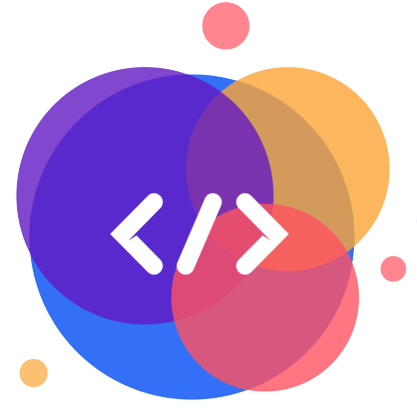Web 3.0, also known as the “Semantic Web,” is the next generation of the internet, which aims to make it easier for machines to understand and interpret data. It is based on the concept of linking data together in a way that allows it to be more easily understood and analyzed by computers.
One aspect of Web 3.0 that is gaining a lot of attention is decentralized applications, or DApps. A DApp is a type of application that is built on a decentralized platform, such as a blockchain. This means that it is not controlled by a single entity, but rather operates on a network of computers that work together to run the application.
One of the key benefits of DApps is that they are resistant to censorship and tampering, as they are not controlled by a single entity. This makes them ideal for use in applications that require a high level of security and trust, such as financial transactions and voting systems.
Web3 marks new era of internet. It can give privacy and control of consumers data back to consumers
Another benefit of DApps is that they can operate without the need for a central server. This makes them more resilient to attacks and outages, as there is no single point of failure.
There are already a number of DApps in use today, including decentralized exchanges, prediction markets, and peer-to-peer marketplaces. As the technology continues to evolve, it is likely that we will see more and more DApps being developed and used in a wide variety of applications.
Overall, Web 3.0 and DApps represent an exciting new chapter in the evolution of the internet, and have the potential to revolutionise the way we interact with each other and with machines. It will be interesting to see how these technologies continue to develop and what new applications they enable in the future.








